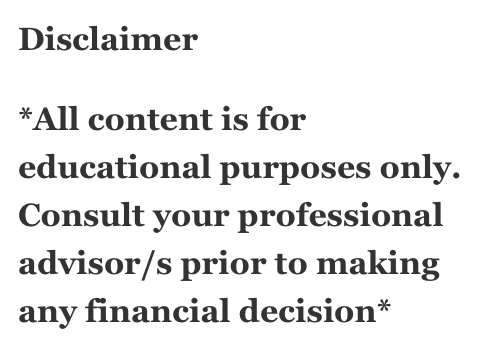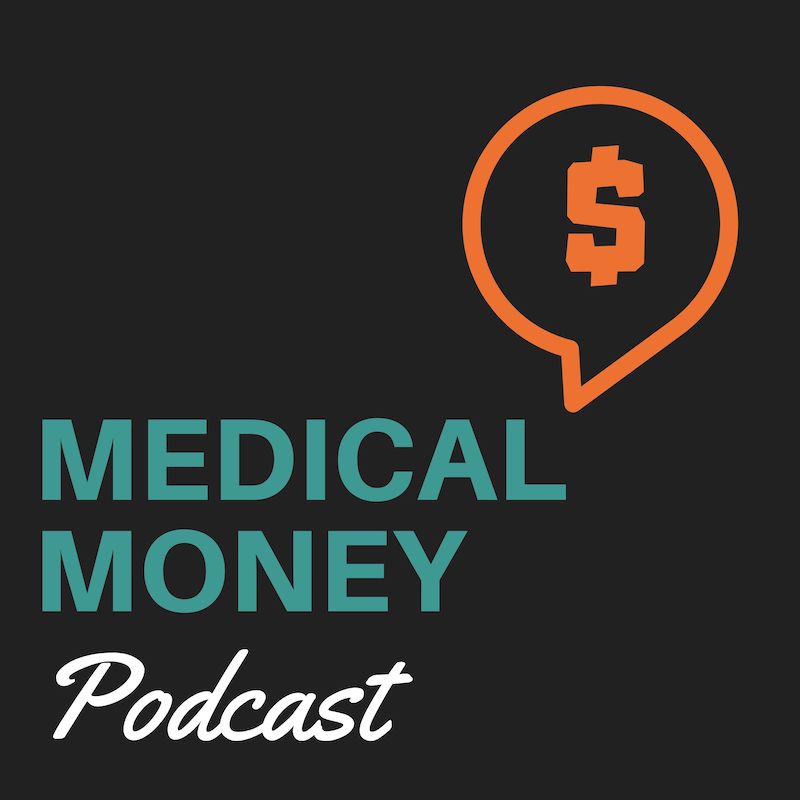This post may contain affiliate links. Please read my disclaimer for more info.
Alternative Income From Outside the Consulting Room
Remember learning these dance moves in medical school- history, exam, investigations, treatment? Through internship and residency, we rehearsed this basic routine, added fancy choreography and evidence-based pathways to perfect our performance. Eventually, we took centre stage under the spotlight, as a consultant or attending.
But 21st-century medicine is an evolving show with many new stages available for us to shine. The knowledge and skills we acquired from those lectures, exams and on-calls places us in a unique position to get on board countless opportunities and pack some new moves into our routine.
Let’s dig a little deeper into medical writing, being an expert witness, telemedicine and more.
This post may contain affiliate links. Please read my disclaimer for more info.
Medical Communications & Writing
Fancy yourself as a wordsmith? Use your medical knowledge to explain concepts and evidence to patients, practitioners and regulators.
Medical communications can be divided into 3 categories:
-
Scientific Writing – technical writing for academic purposes, e.g. journals, research submissions
-
Health Writing – translating knowledge for patients and consumers
-
Medical Writing – technical writing that serves a business to business need, e.g. regulatory proposals for drugs and devices, medical education for practitioners and promotional pieces
Zip Recruiter shows medical writers can make well into the 6 figures per year and Glassdoor has thousands of medical writing jobs listed. For those who want to start with some low-risk writing, Freelancer has many jobs to get you going.
Besides the low malpractice risk, huge benefits include freedom to choose jobs you’re interested in and location independence- imagine tapping out articles on your laptop aboard a cruise ship or while enjoying sunset over an African safari plain.
For more information checkout:

Telemedicine
The greatest wonder of the modern world has been the internet. Combined with smartphones, tablets and apps, patients and doctors no longer need to be in the same room.
I have a colleague who works two days a week in clinical family medicine in Australia and spends three days a week filling online prescriptions for patients in the UK. It’s a great balance that allows her to do school drop offs and pickups and work in her pyjamas.
With existing platforms that cover electronic prescribing, primary care, remote patient monitoring and medical education it seems the possibilities are endless.
Just in its infancy, telehealth is expected to be worth more than $66 billion by the end of 2021!
Early stage benefits of telemedicine include improved patient access, reduced costs, improved quality of care and a growing patient demand.
Could telemedicine be your next move? Find out more about what’s happening in this space at:

Consulting
A wide range of companies need doctors to give them advice. From lawyers to medical technology companies and hospitals- your experience and input can be handsomely rewarded.
Companies like McKinsey have a number of medical director roles.
If you think you have a marketable set of skills head over to Clarity and check out the other physicians already consulting. Simply set your price and the times you’re available. Current doctors are charging $1- $16 per minute!
Expert Witness
If sitting in front of a judge and jury is your thing, you can make thousands of dollars a day sharing your expertise as an expert witness. This however, can be time-consuming with the need to review case notes and be available during proceedings if necessary.
According to SEAK Experts, the median expert witness fee is $500 per hour.
You can find work by connecting directly with law firms or listing your services on a site like Juris Pro and Experts Direct that lets lawyers know you’re available for hire.
Medical Surveys
If you can spare a few minutes to share your insights and opinions then filling in surveys is an easy way to turn those minutes into dollars.
See what’s on offer at M3 Global Research, InCrowd, ZoomRx and Sermo.
Commonly surveys pay $25- $100, but longer surveys and focus groups can pay in the thousands.
Though sporadic, medical surveys is not a bad way to get paid using the time waiting for patients, lab results or commuting.
Chart Review
Get paid to review patient records for hospitals and quality assurance companies. Your opinion can be used to provide recommendations to improve outcomes and ensure compliance with current standards of practice.
Rates of pay can vary depending on the size of the project and your area and level of expertise. Zip Recruiter is seeing annual salaries as high as $235k per year as a medical reviewer.
Providers include iMedecs and Admere.

Publish a Blog or Website
It’s never been easier or cheaper to publish your own website or blog. You can build out an informative blog related to your specialty that positions you as an authority and drives patients to your practice.
Alternatively, many doctors have started blogging about topics unrelated to medicine. Their sites drive revenue from advertising, sponsored posts and product sales.
For some inspiration on just what is possible take a look at this blog post of websites created by doctors.
Where To For You?
The available options outside of clinical medicine are vast and limited only by your time and willingness to try something new.
So what’s your next dance move- will you start a blog, offer a consultancy service or dive into telemedicine?
Share your thoughts and ideas in the comments below.


